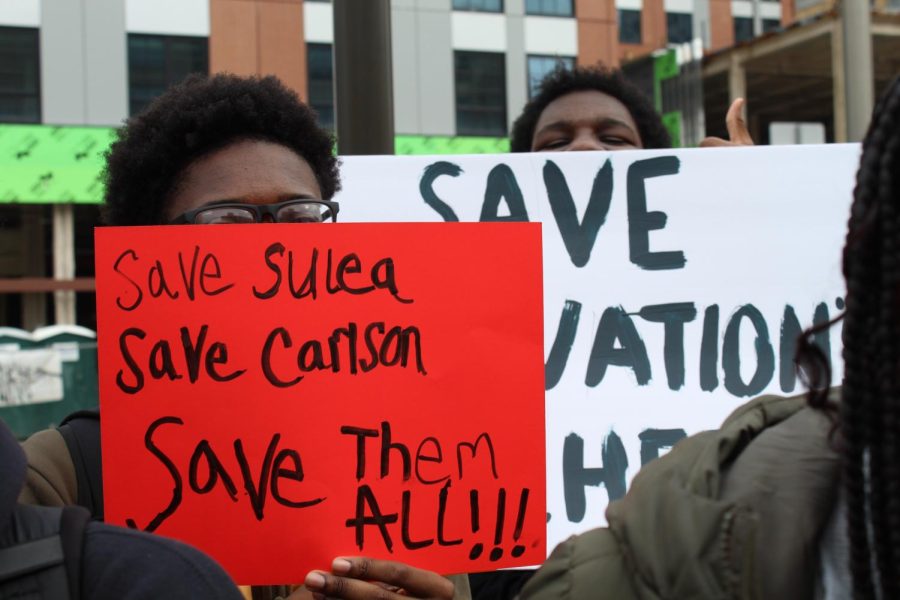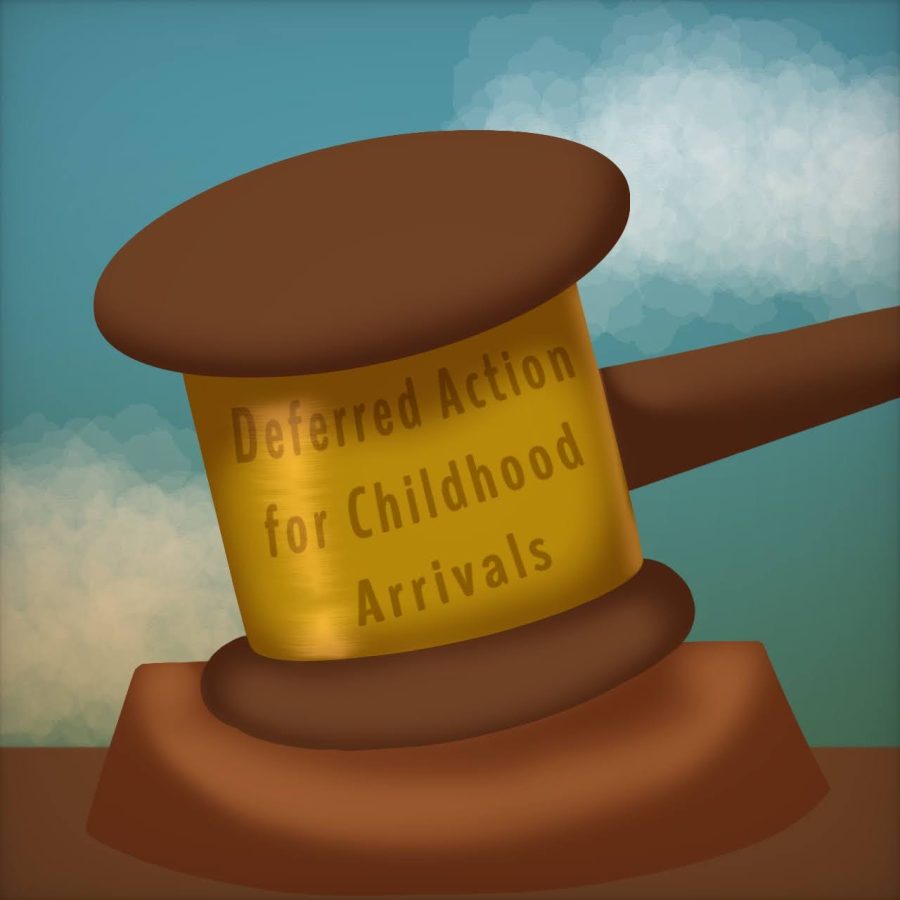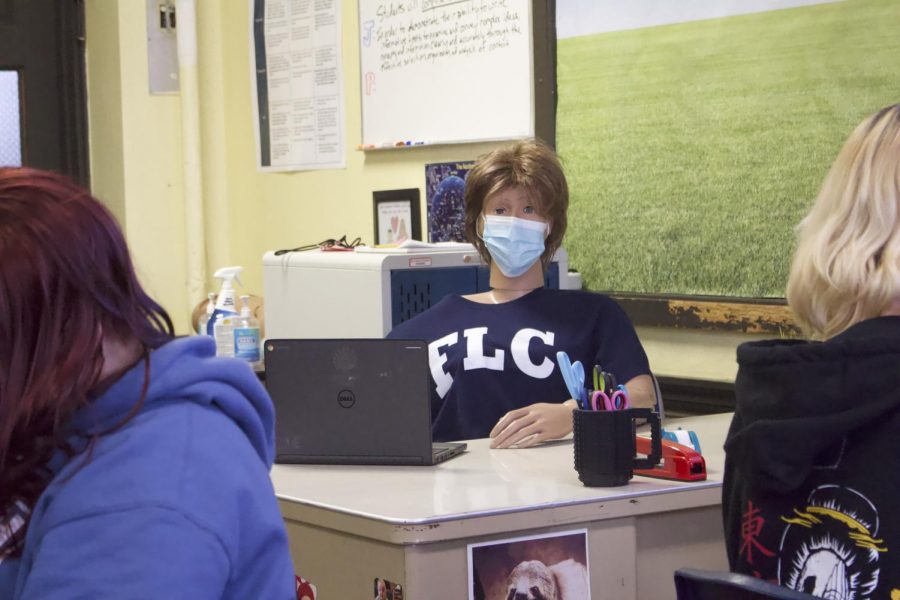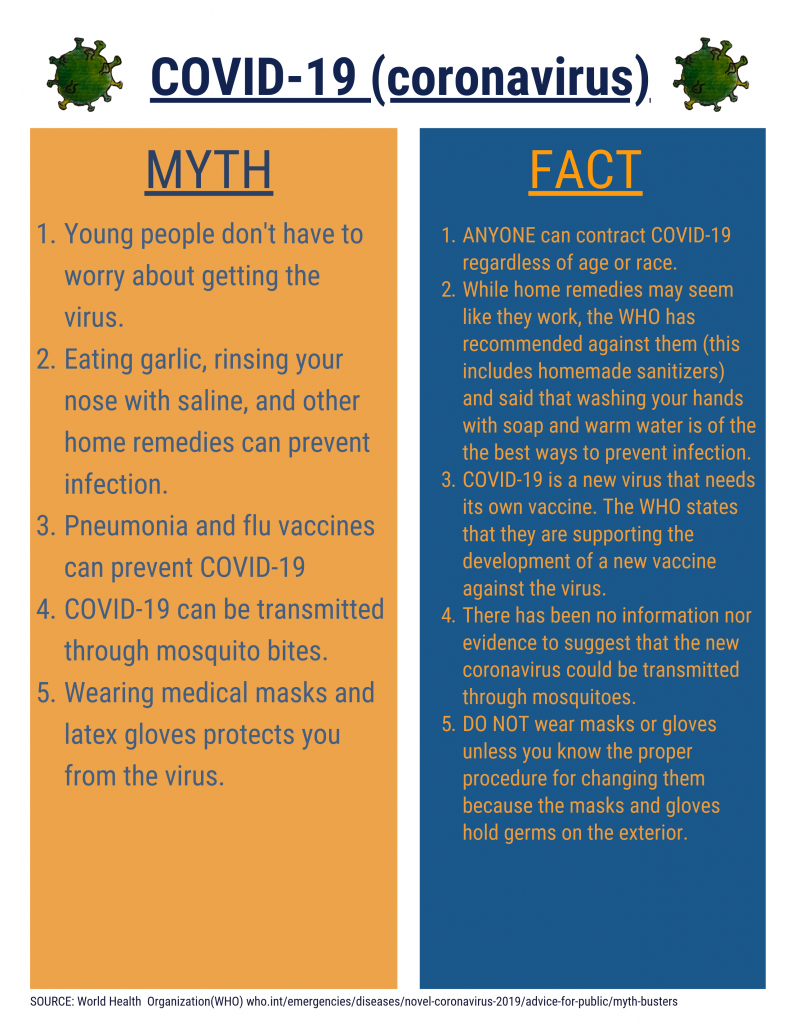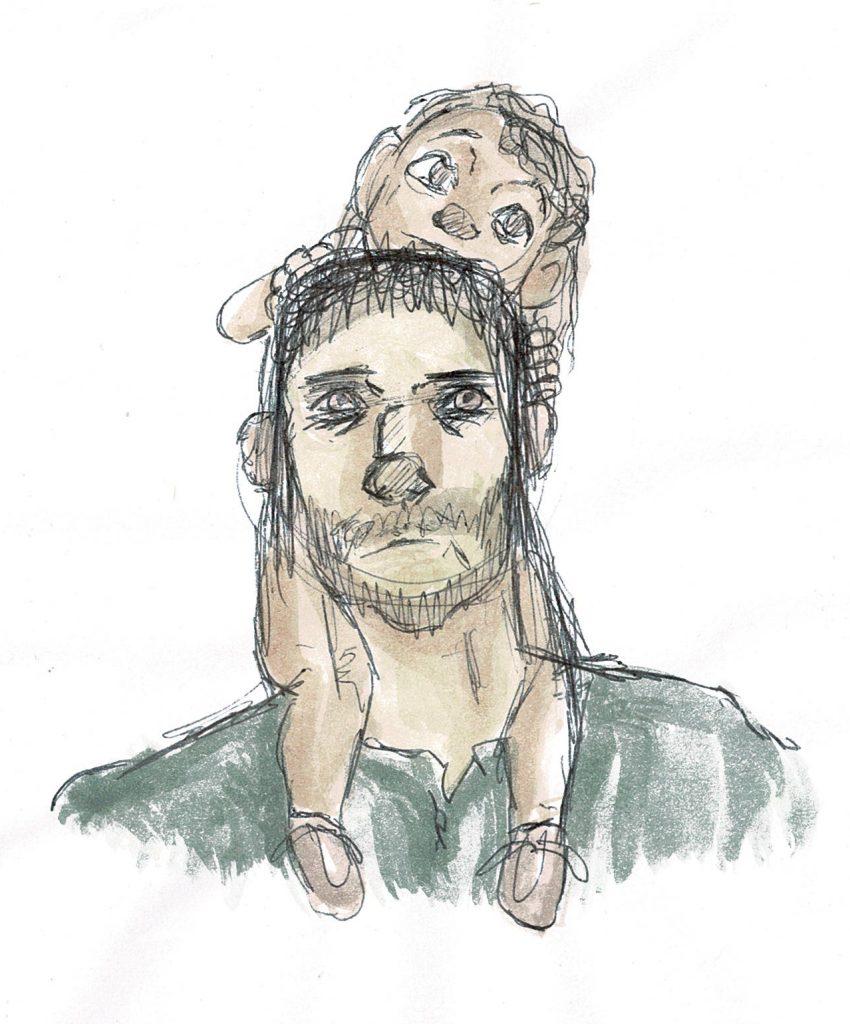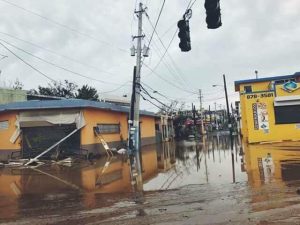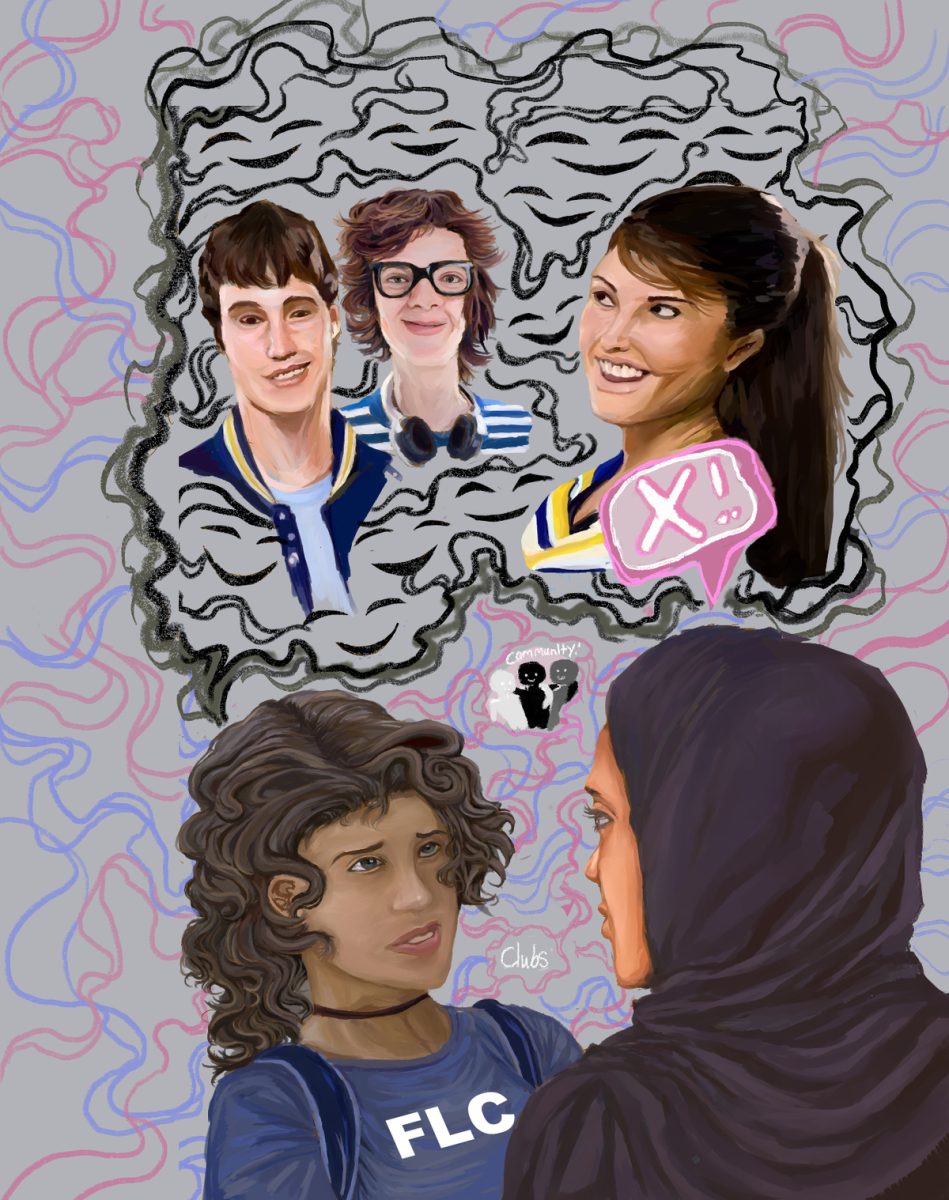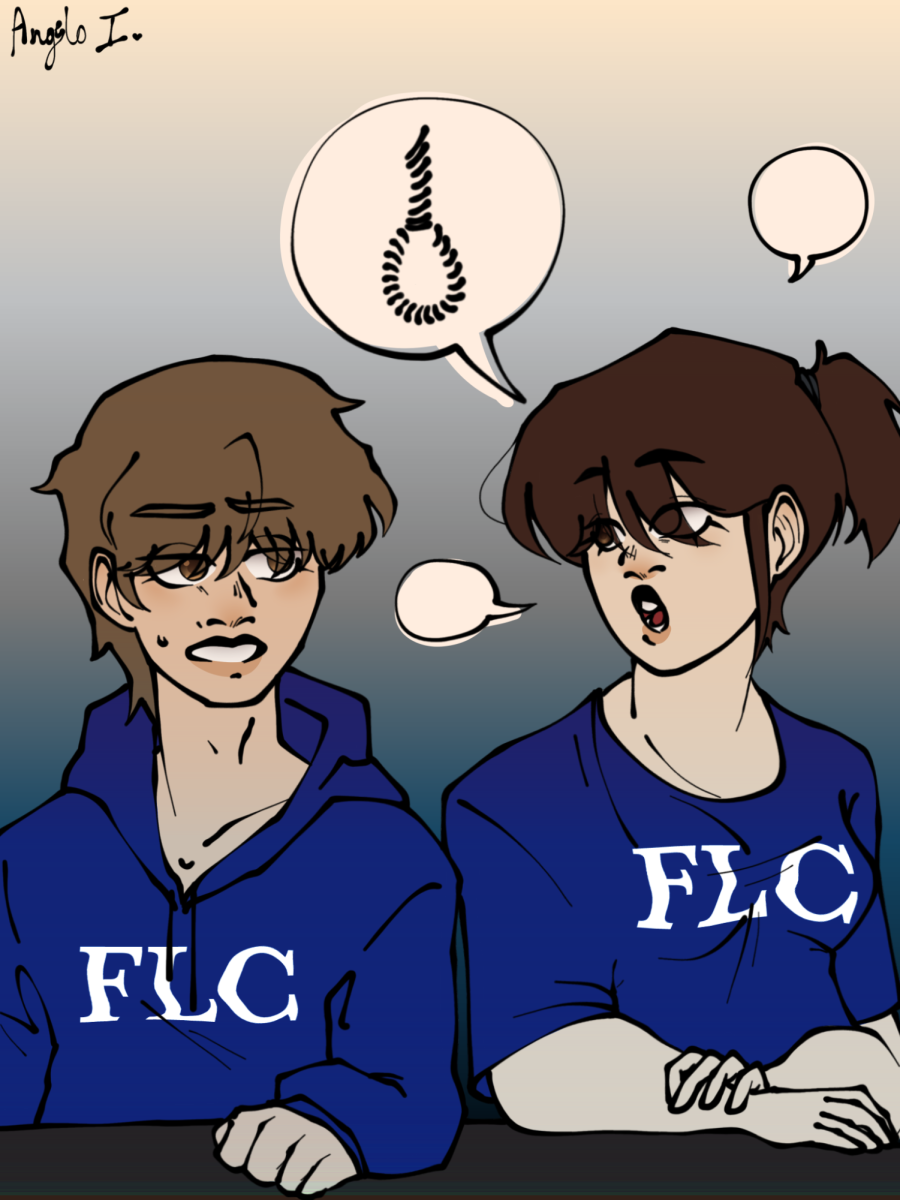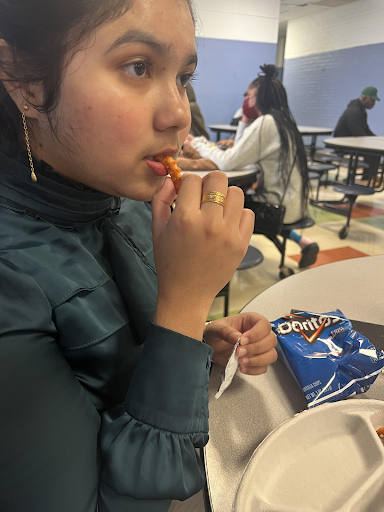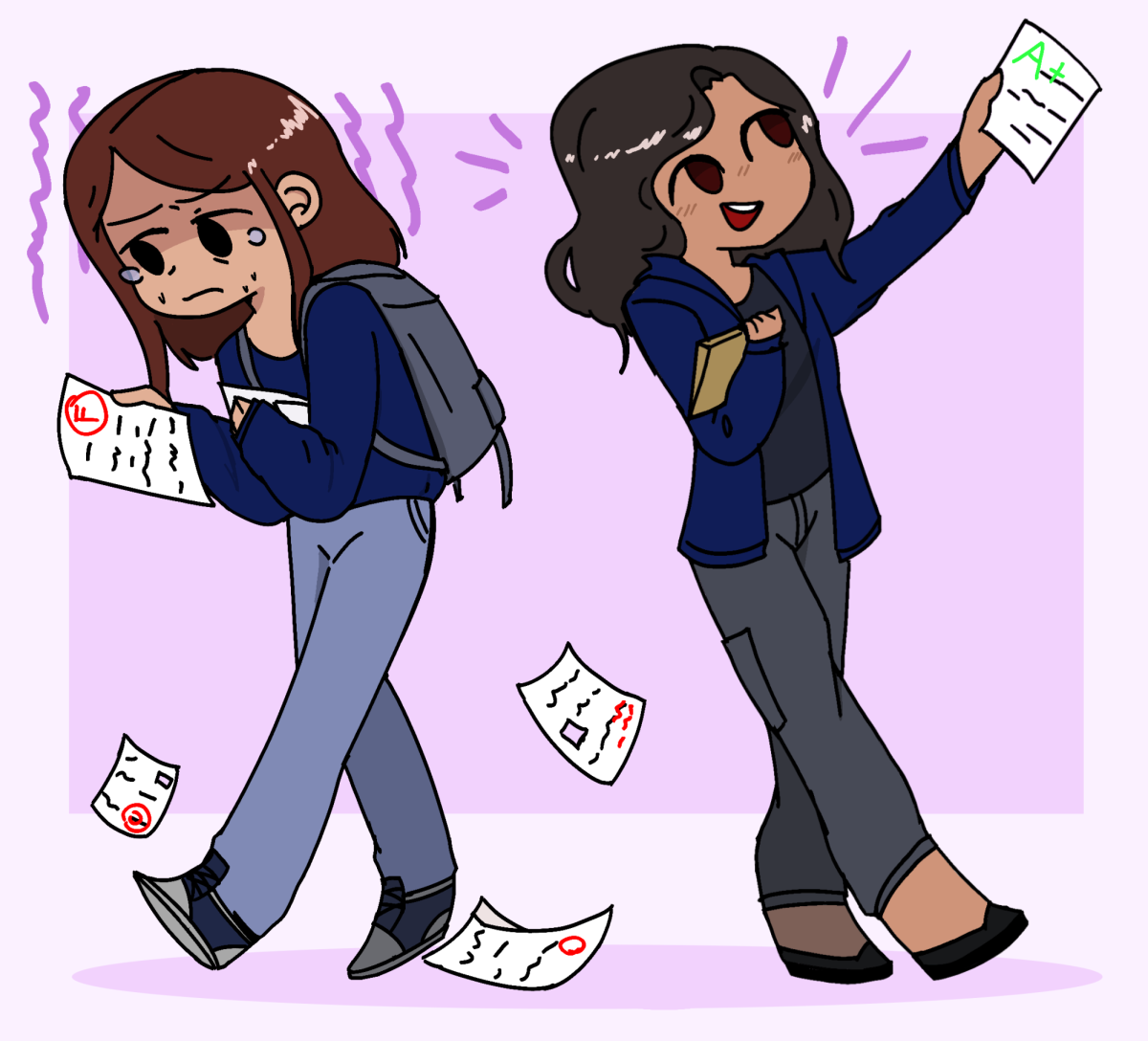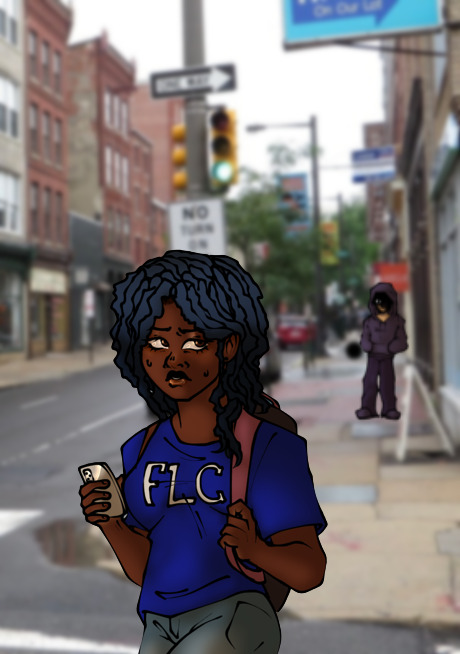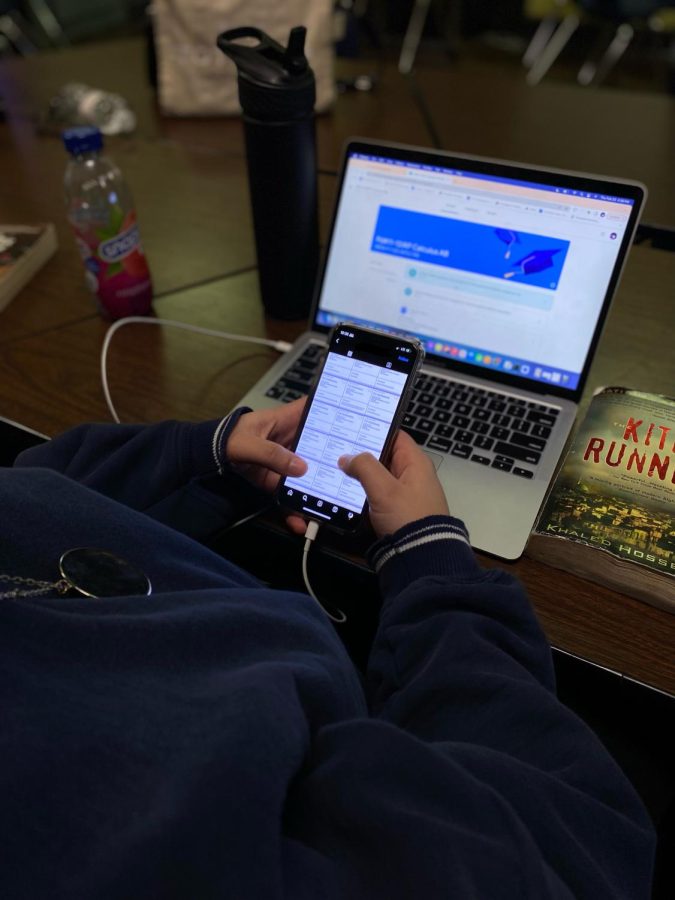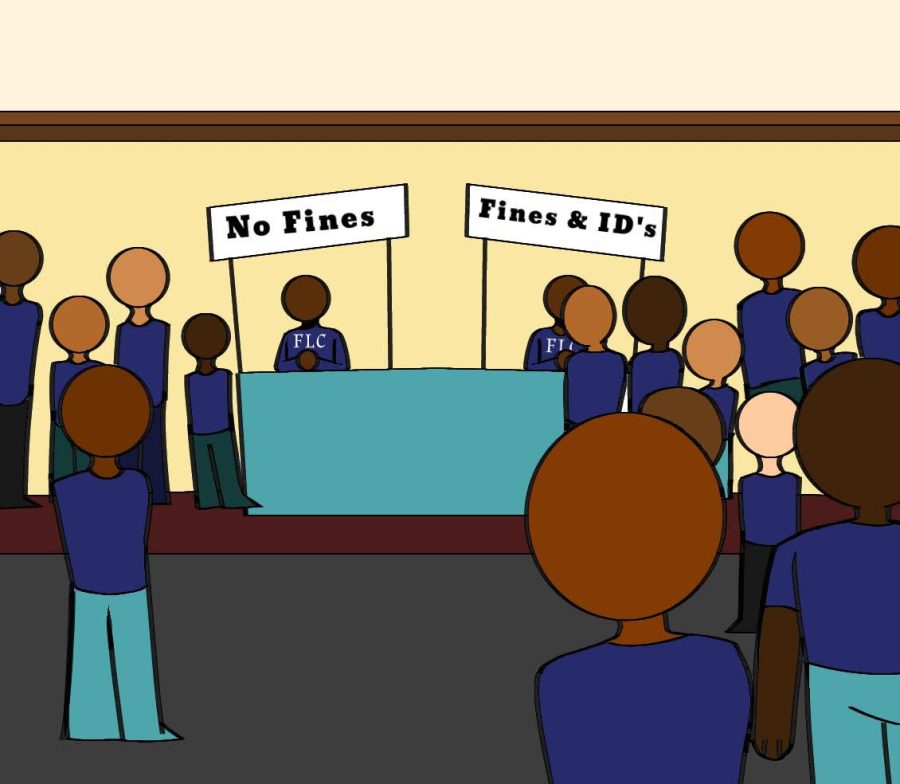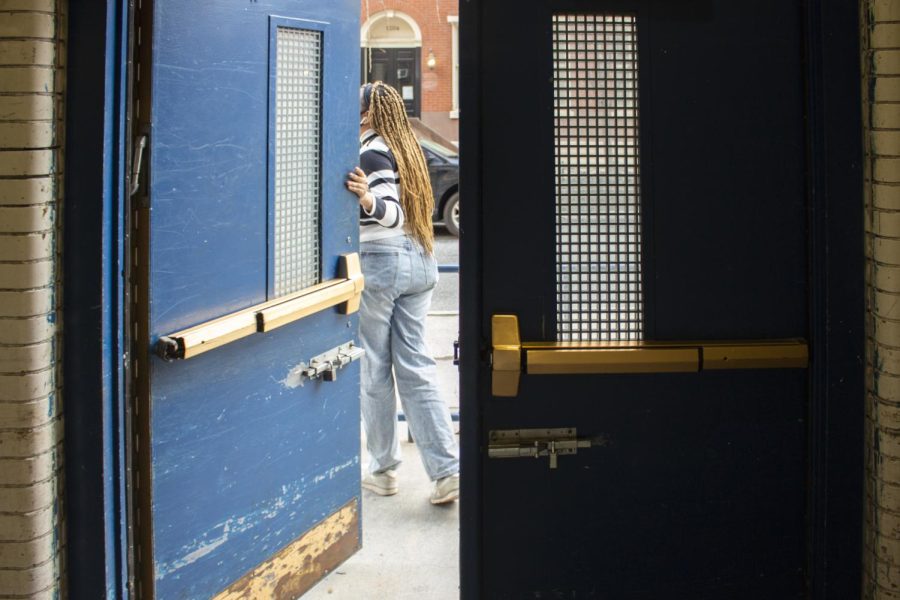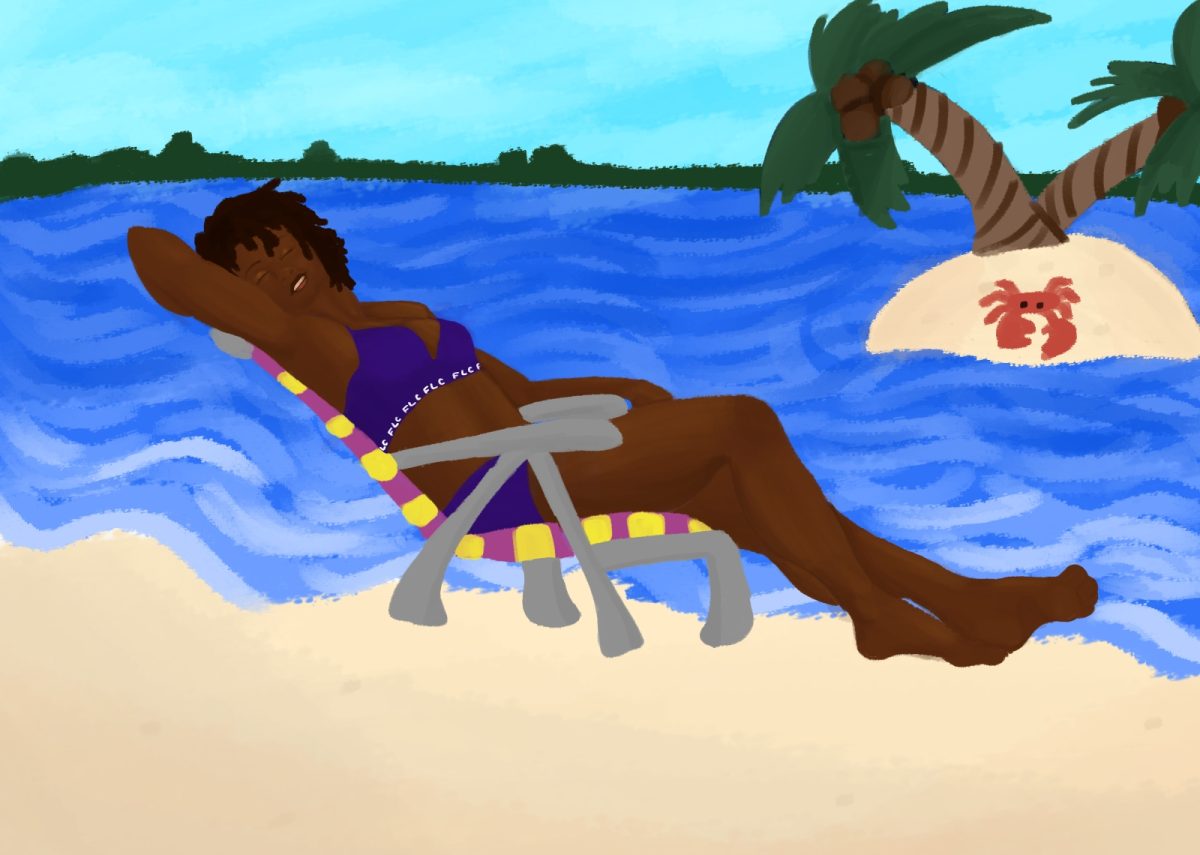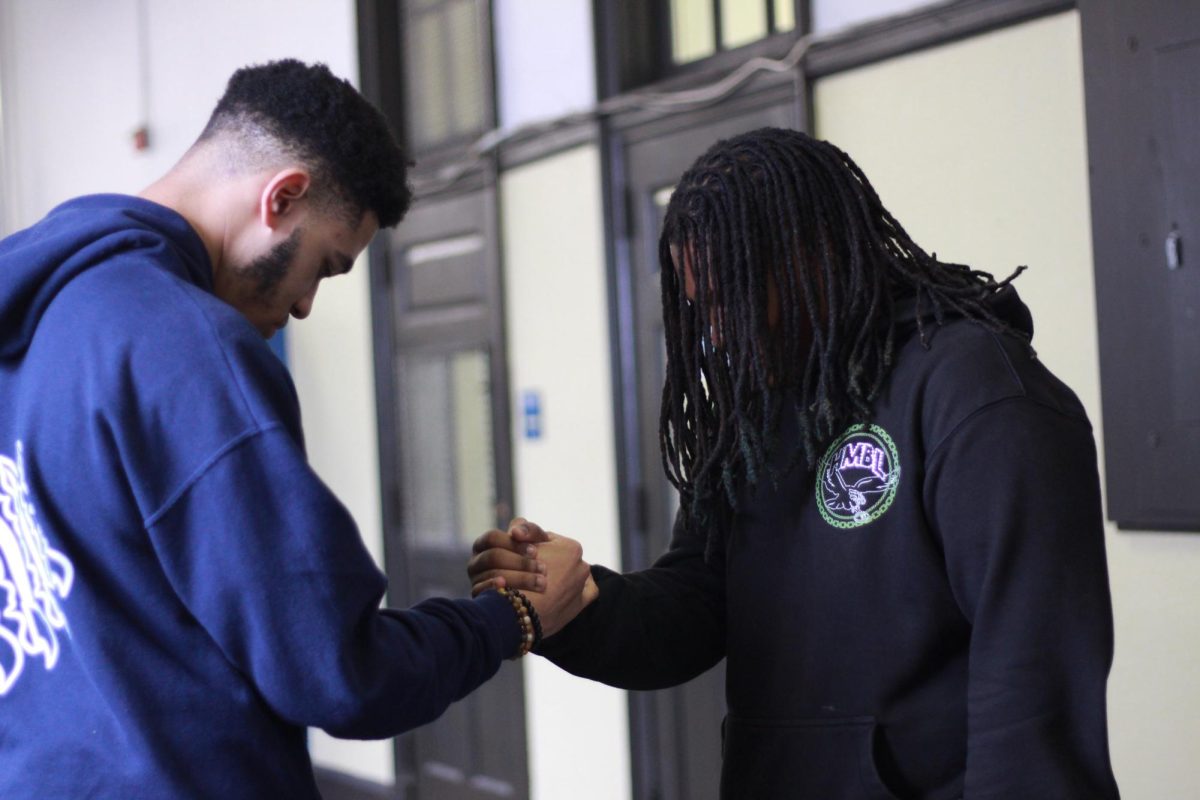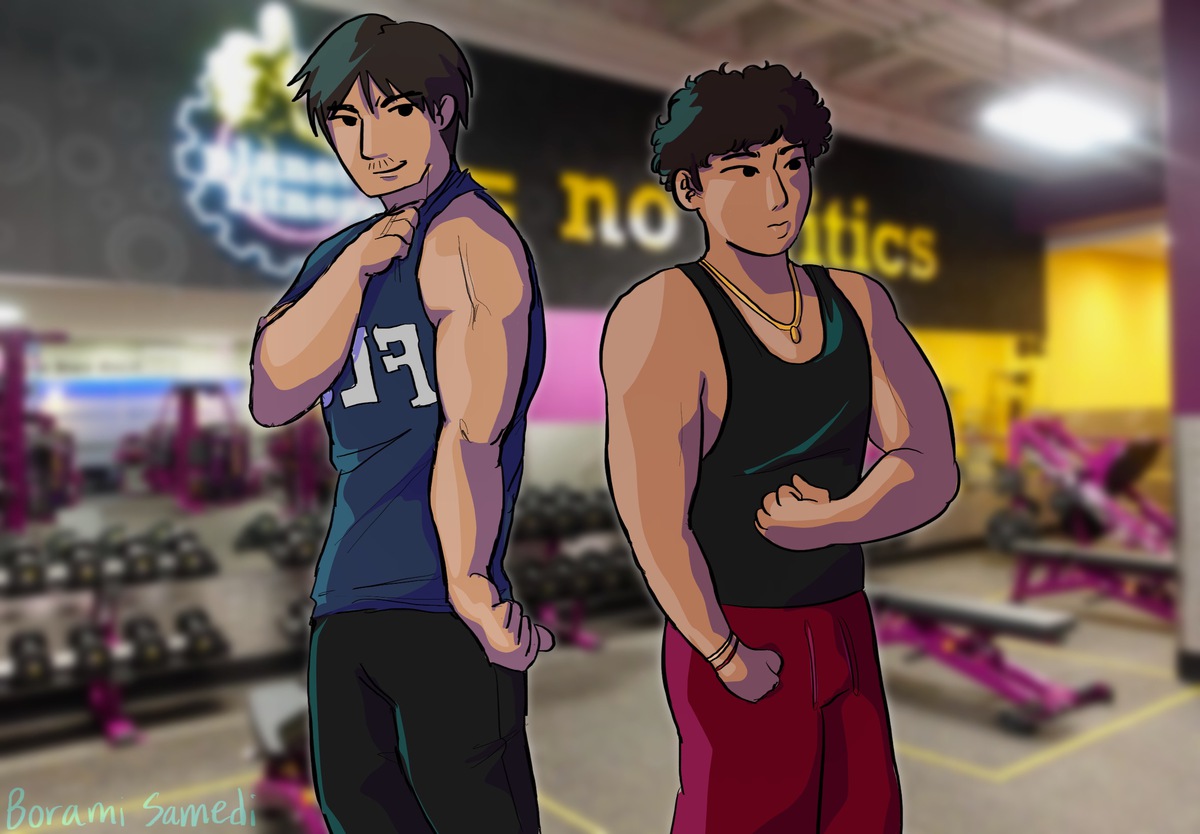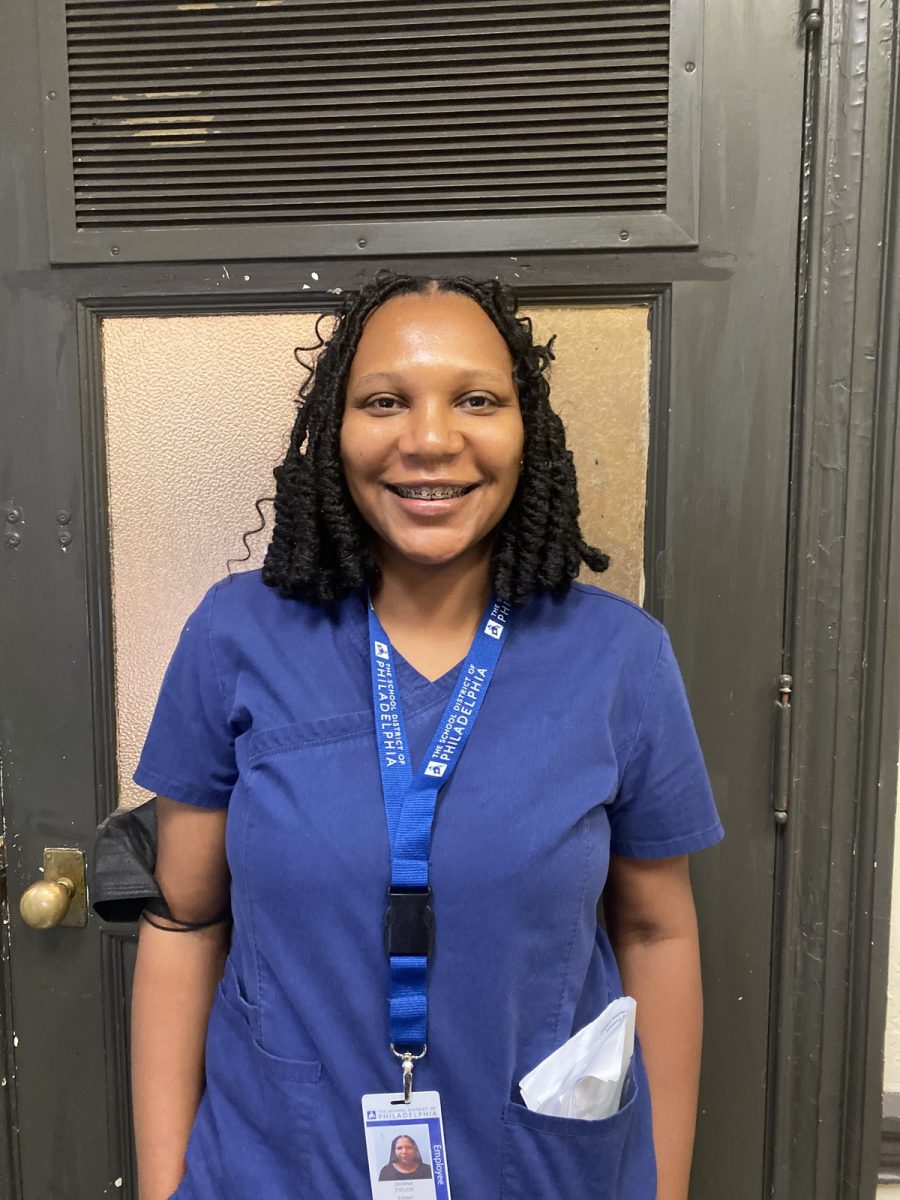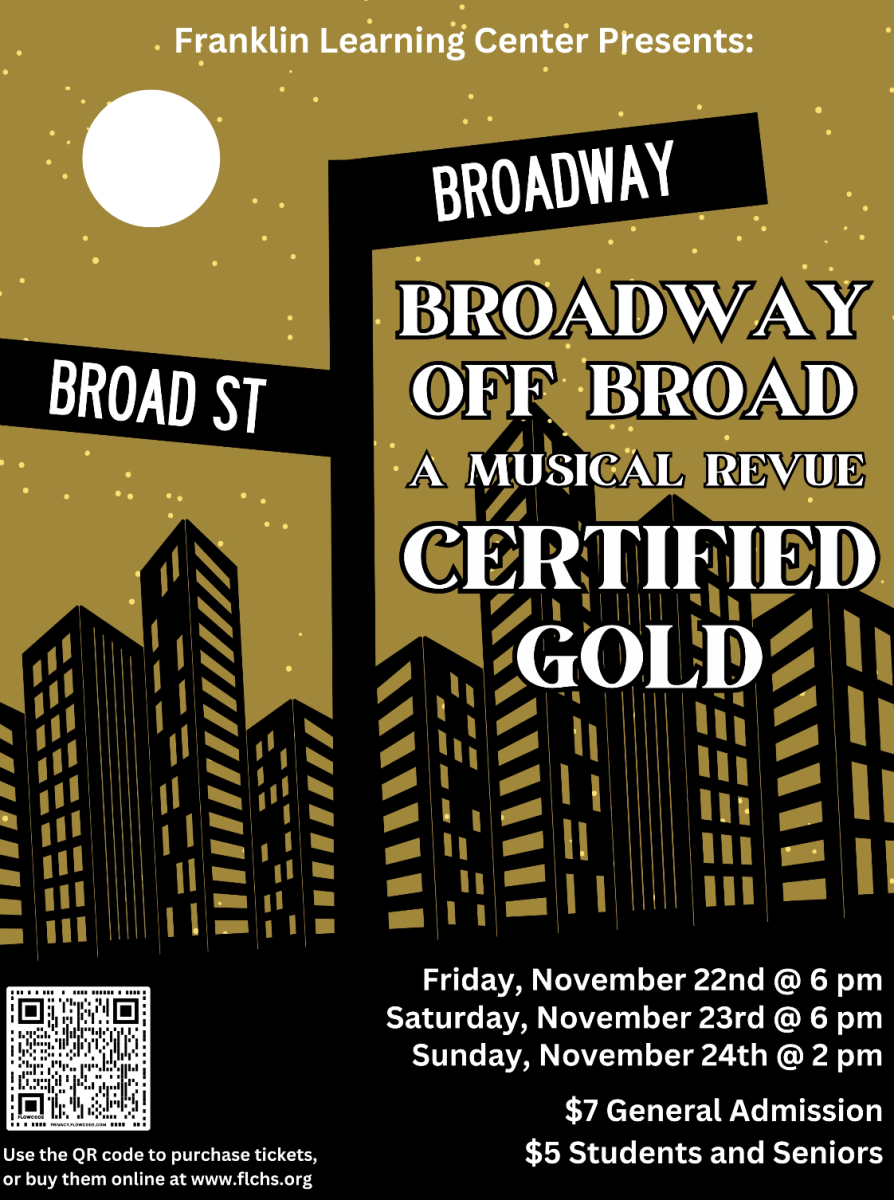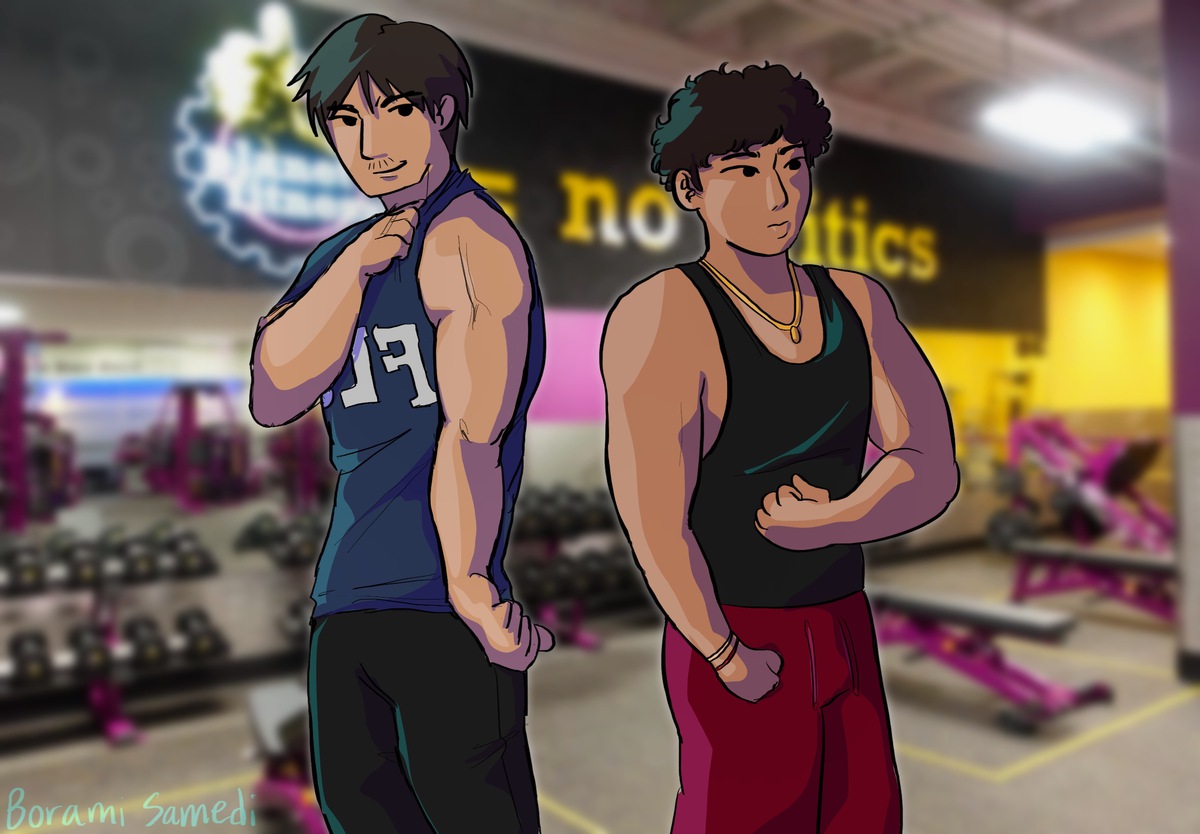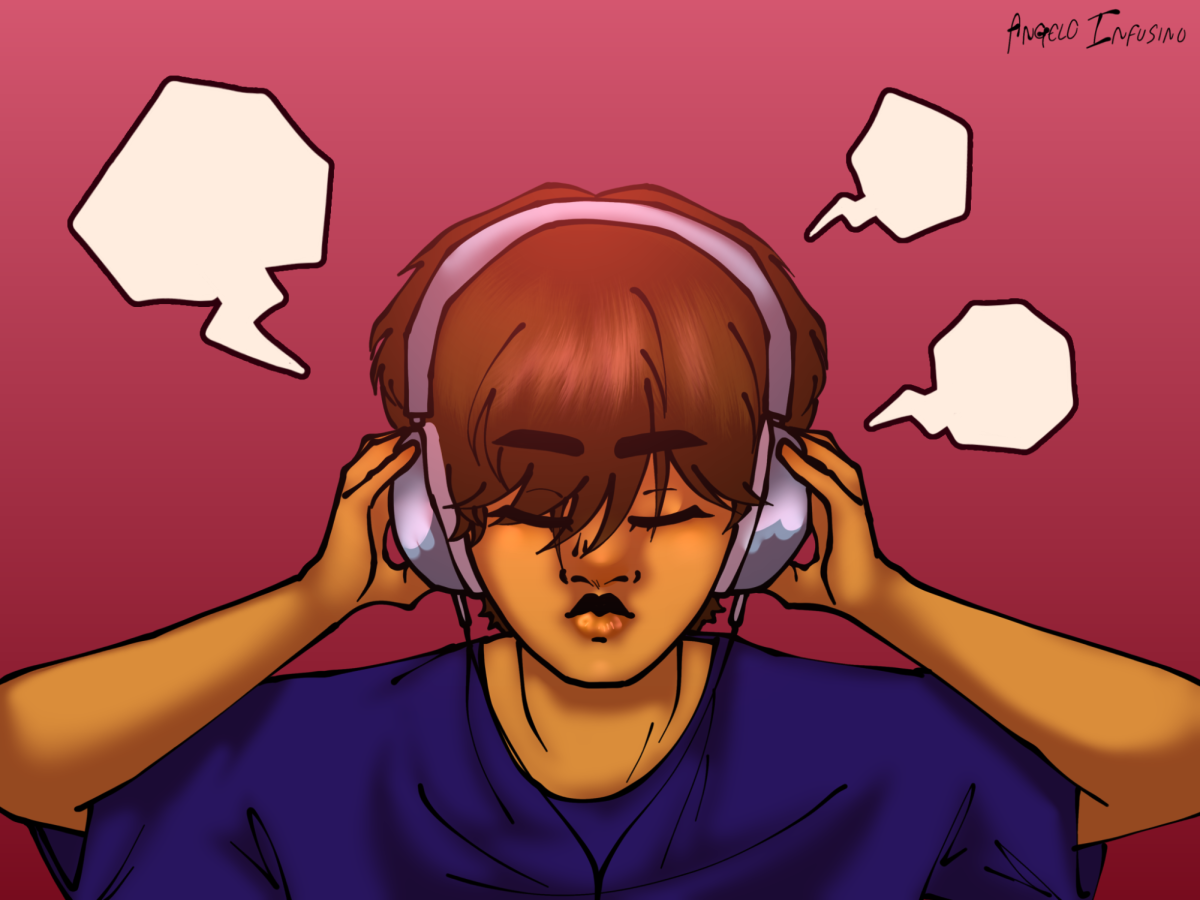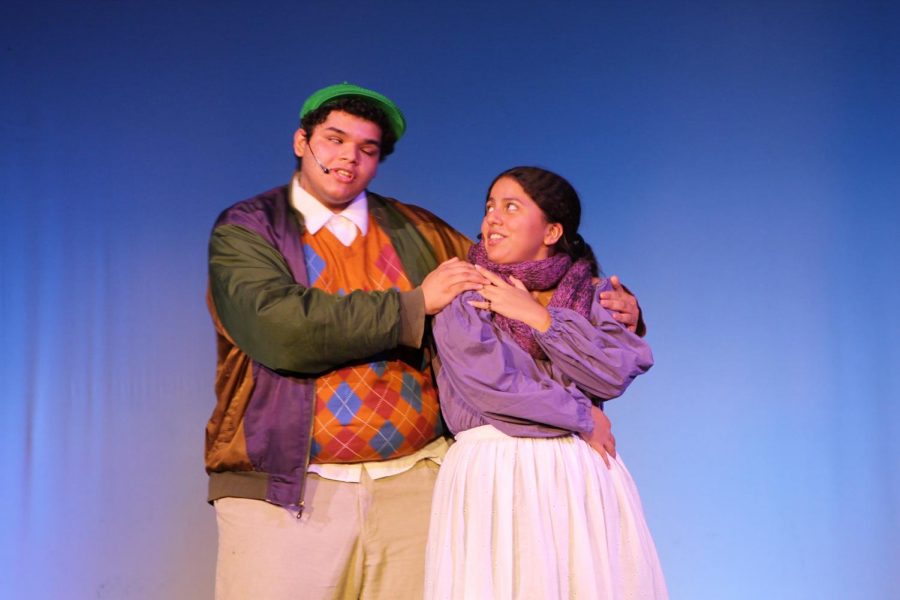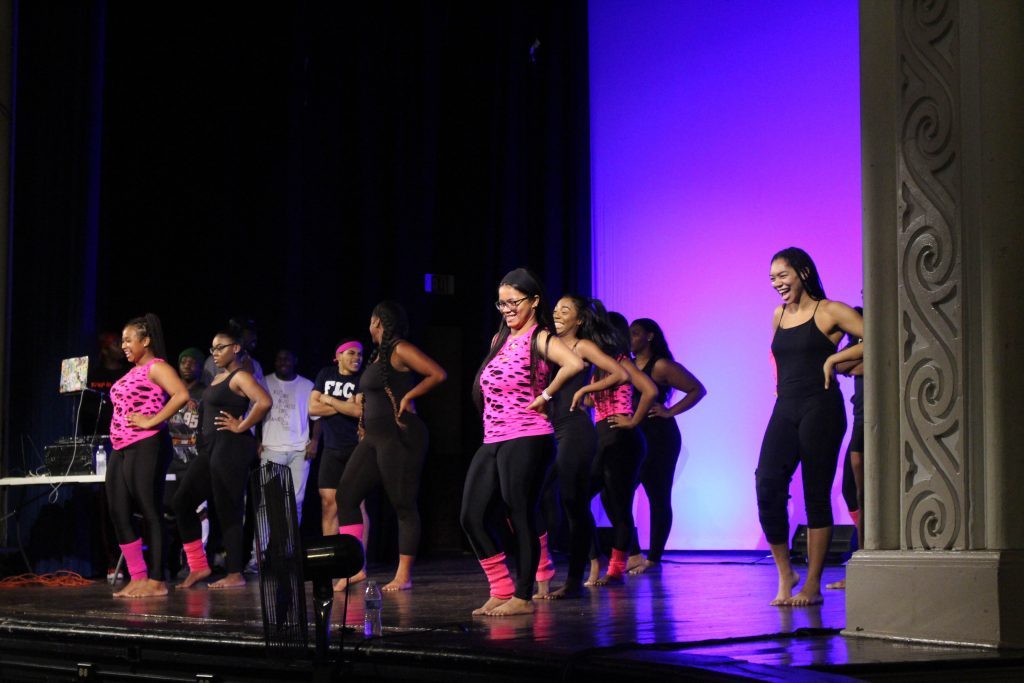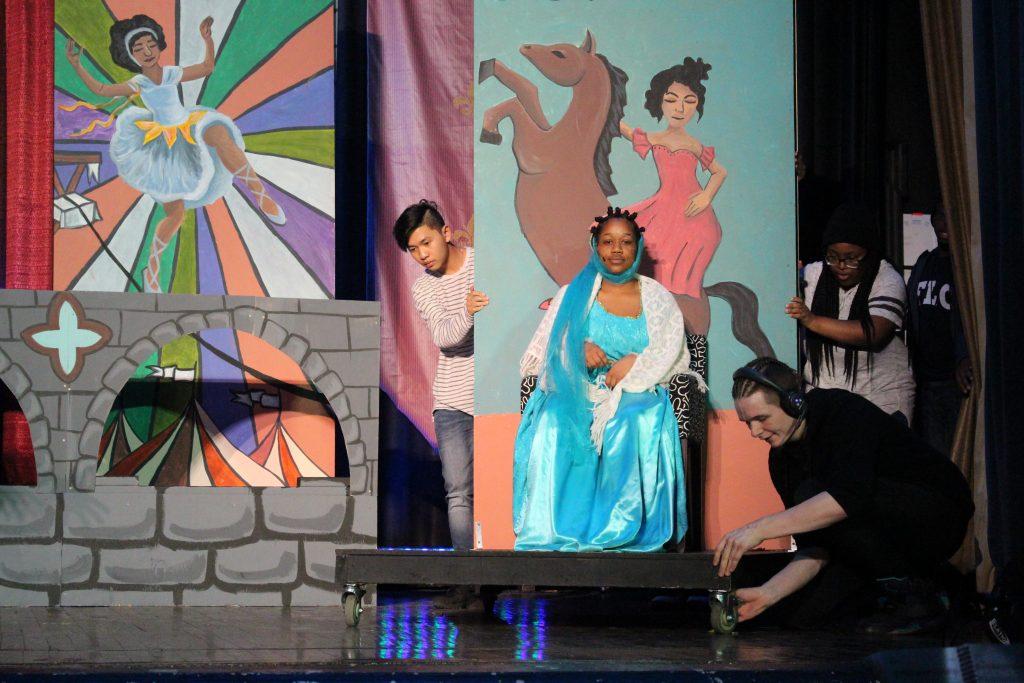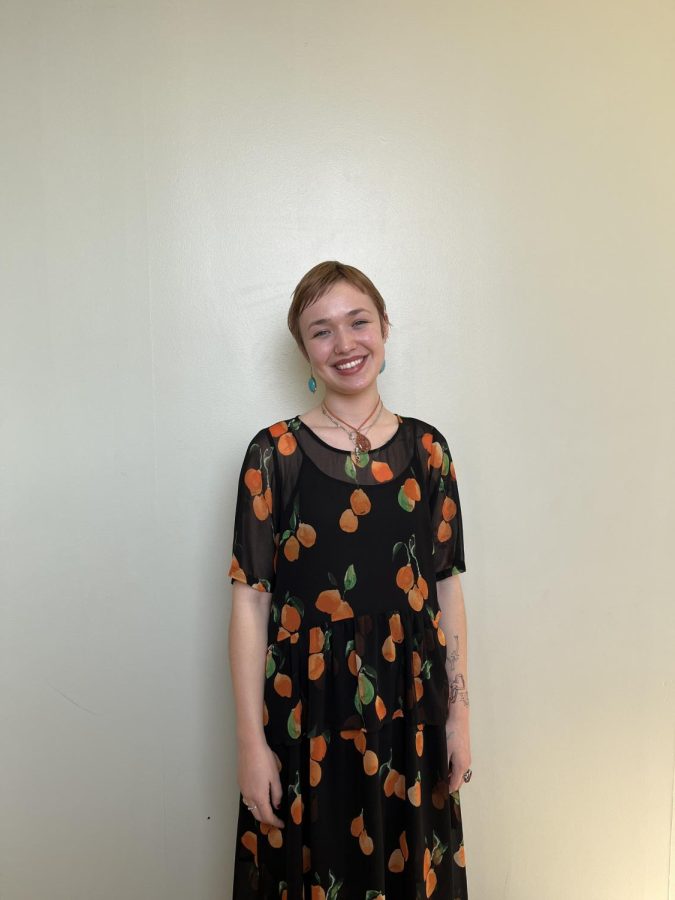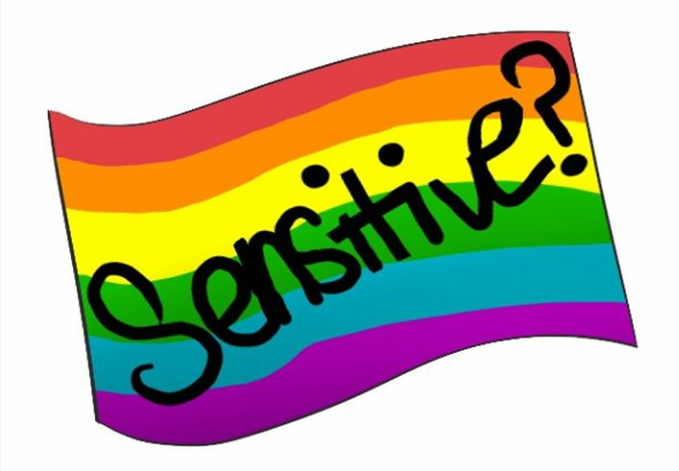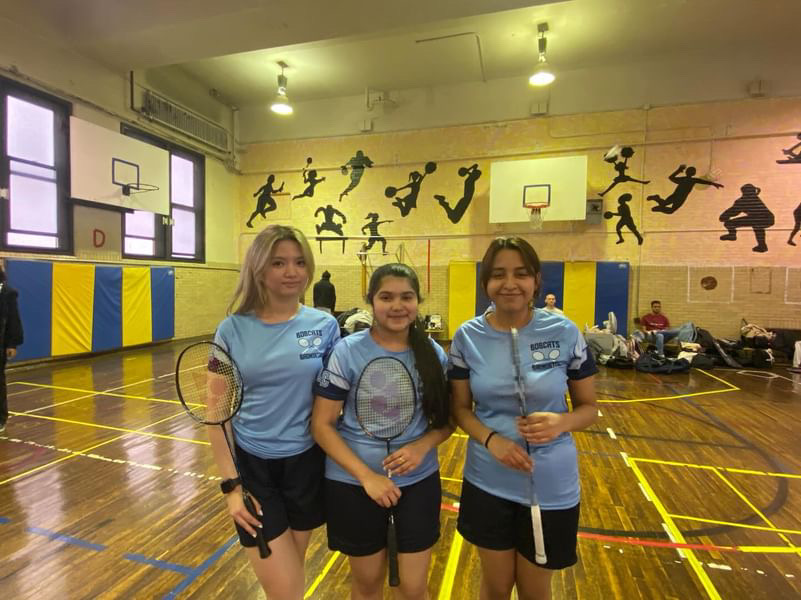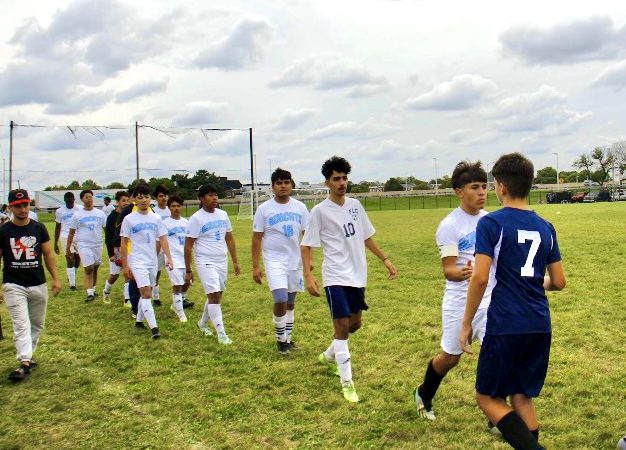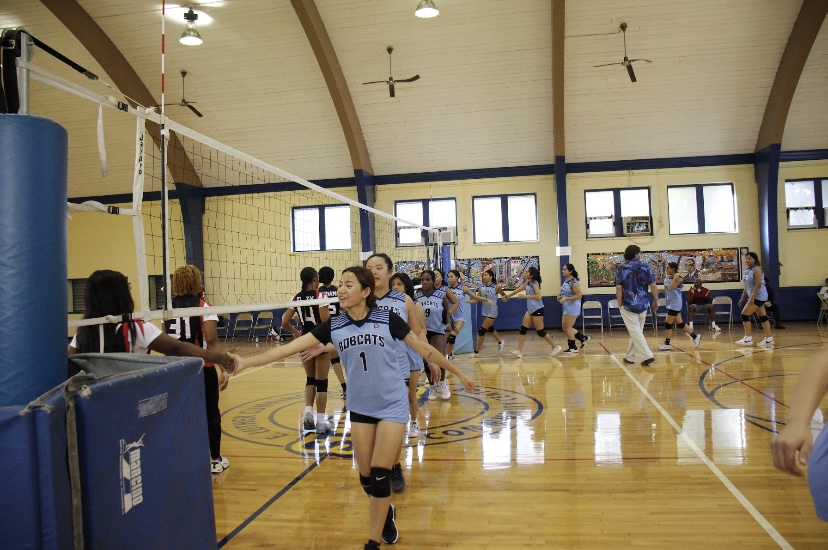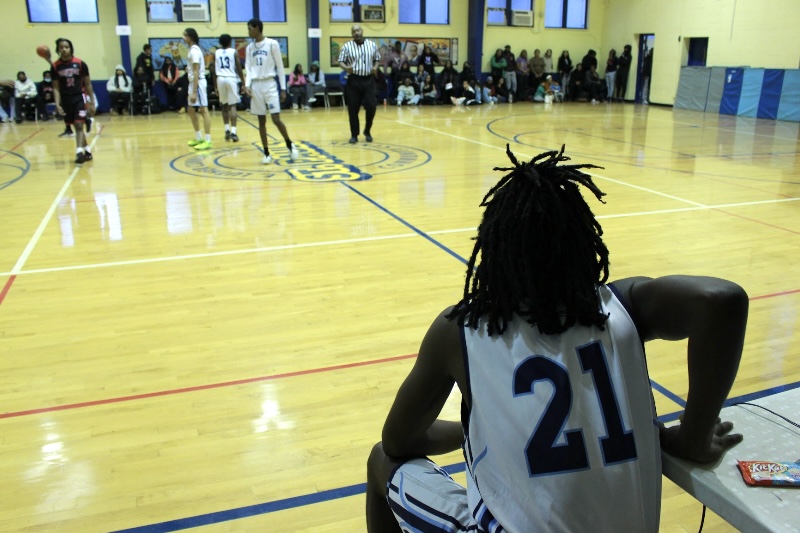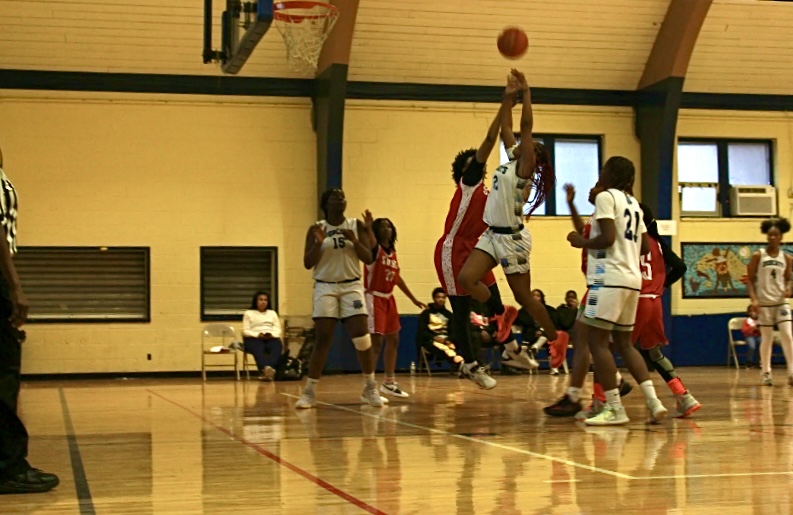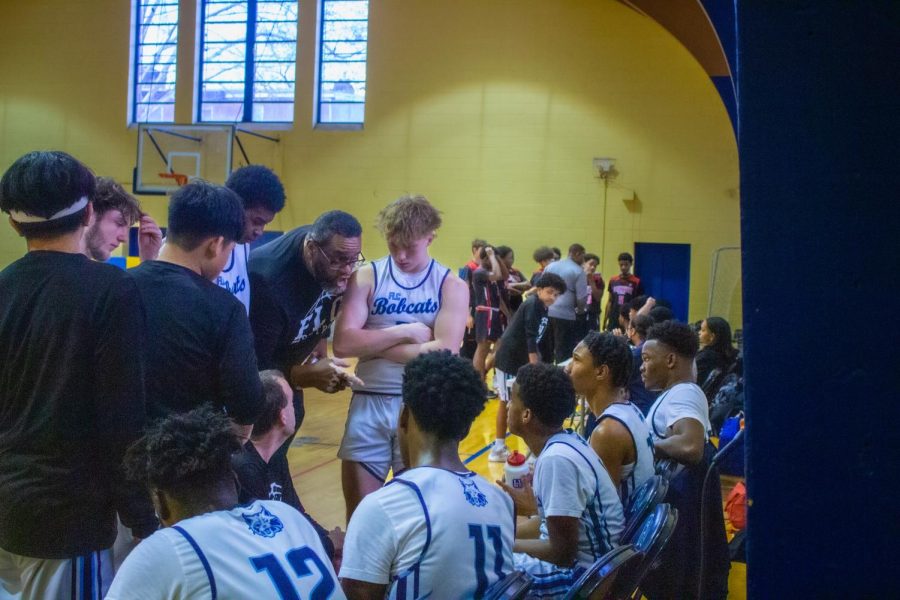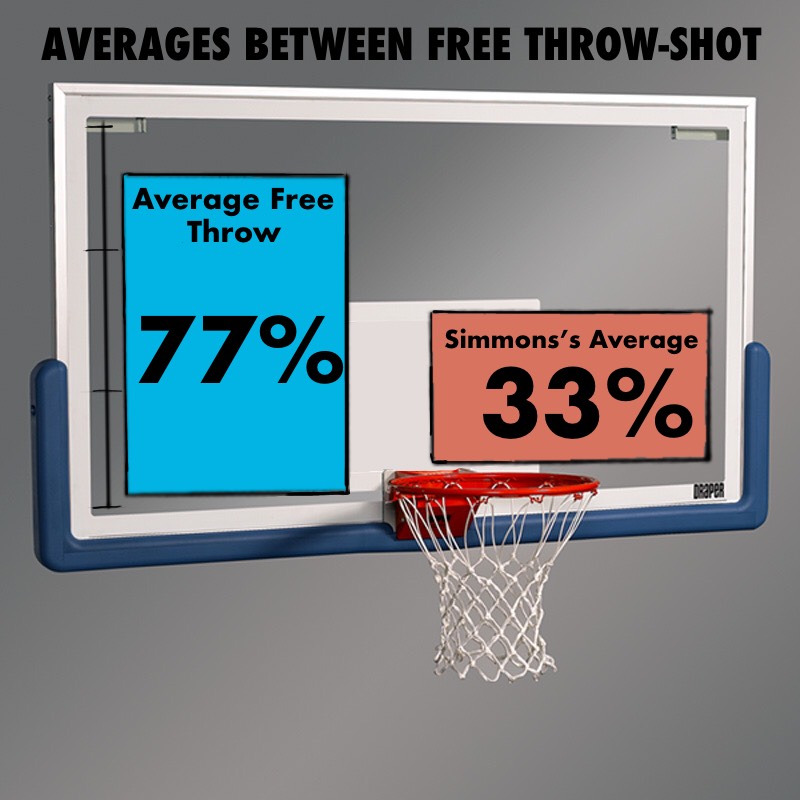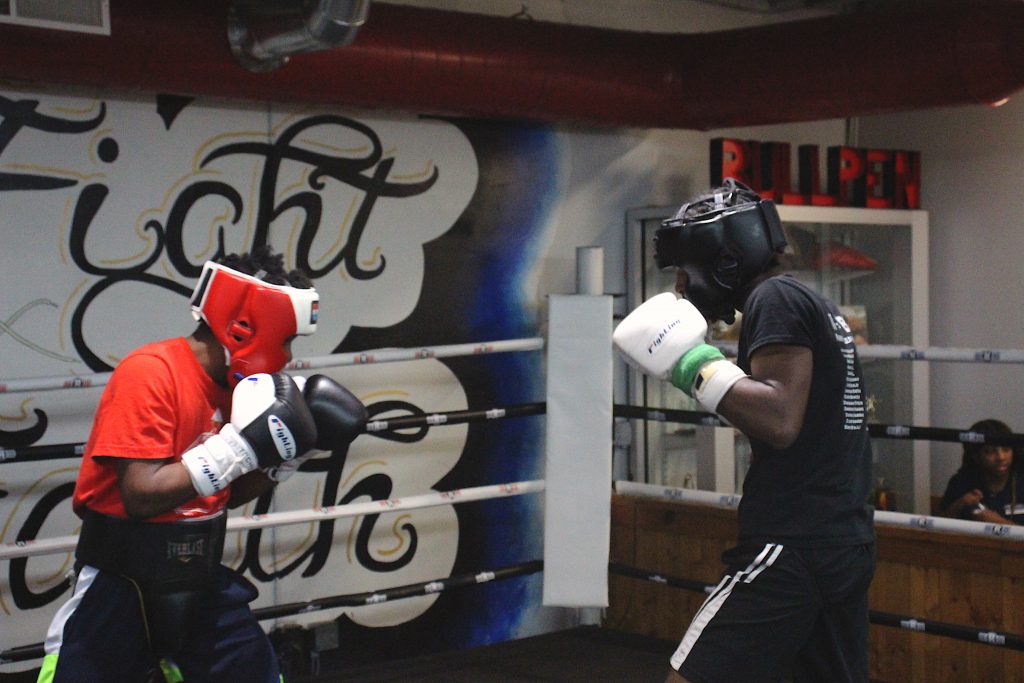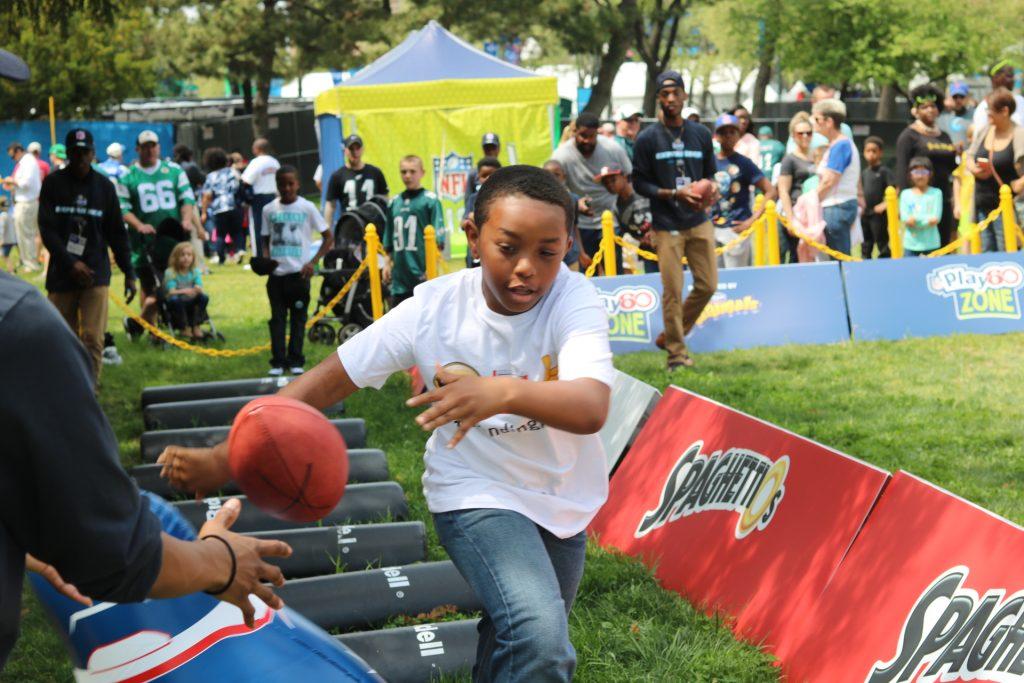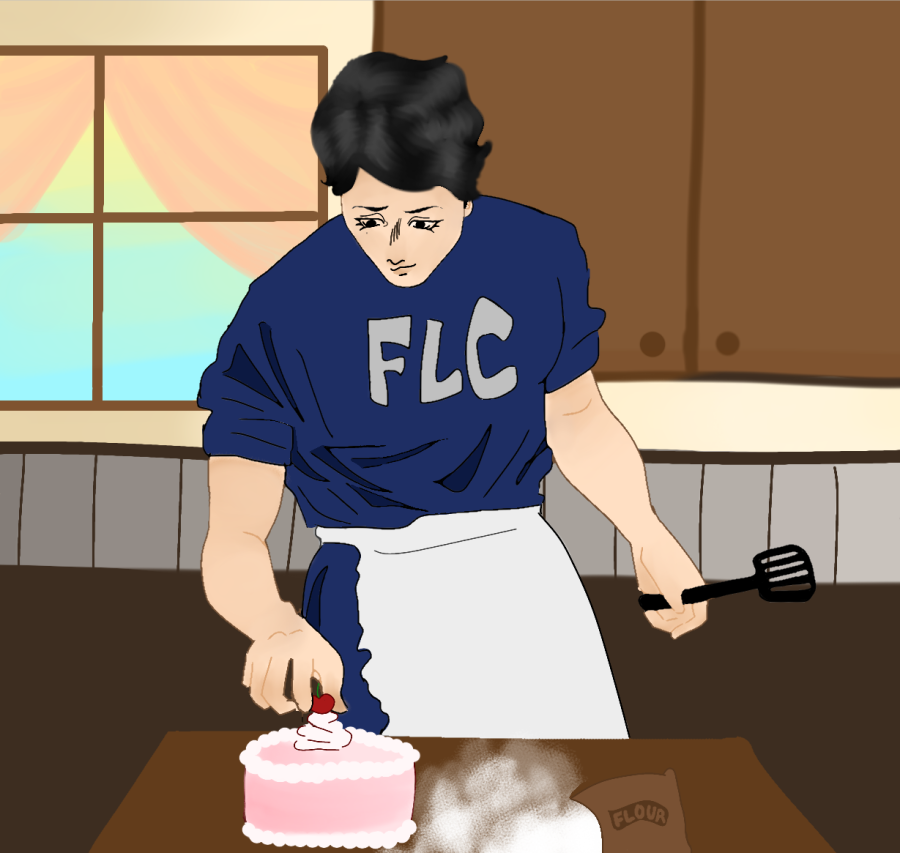A crash course about the real world: Essential skills classes at FLC
The art of culinary skills
May 26, 2023
When many high school students leave FLC, They are unaware of the essential skills they will need to survive in the “real world”. Offering high school classes based on these “life skills” could help alleviate the confusion and stress on said students after graduation.
“Leaving the nest” as they say has always been a difficult process, especially when high school students have no idea what they are doing after graduation. This is due to the lack of clarification. High school graduates often struggle and don’t find out skills they should know until their 20s or 30s. In fact, 34% of Americans admit that they didn’t have a plan according to a survey done by Colorado State University Global.
“My teachers Ms. Honey and Ms. Way were concerned because I didn’t apply for college and was just working,” said Cierra Phillip, FLC class of 2015.
The effect of not knowing certain skills when leaving high school can be very challenging for some. However, there might be a way to solve this problem: courses that teach essential skills for the future ahead. These classes would focus on skills needed for the average student to be successful in life after high school.
Some, like special education teacher Pe- ter Pijanowski, believe this would be worth the investment and time as students would be able to learn these concepts as early as possible rather than well after they graduate.
“I think investing in a class like that will hopefully reduce students feeling like high school isn’t teaching them anything,” Pijanowski said. “If we can reduce people asking what is something I wish I knew be- fore graduating I think that would be really successful.”
This could also help students have a clearer understanding of future planning as they would know what to expect when it comes to the world outside of high school.
“I think if students knew what to expect after high school in regards to going to college or getting a job, that would help them plan their futures better,” Pinjonowski said.
Pijanowski has had experience with such a course. As a student, he was in a home economics course where he learned how to sew and cook for himself. He also helped autistic kids with basic life skills. He also taught a unit in career writing, and on a particular day, he and his students did mock interviews.
“Some students really liked it and some students were terrified that I was asking them questions about their life and what they wanted to do.”
There is a Personal finance class in FLC taught by Dr. Ke, which does go over some life skills such as money management and tries to help students get into their dream jobs. This class can also be taken by anyone. However, this class currently consists of mostly 9th graders, and Dr. Ke believes that this class should be taught to grades that have gained some work experience such as 11th or 12th-grade students.
Those are not only examples of students learning life skills but also what kind of classes could be possible when it comes to teaching skills like how to prepare students for a job interview and the involved, simpler, skills for that training, communication.
There are a lot of benefits for students who don’t know much about these skills and courses, classes, programs, or even a ted talk could help students not only adjust to being an “adult” but also help them take a better grasp of their life when they finally graduate high school.
“If you can learn these basic life skills now instead of waiting till your 20’s, you’ll be unstoppable.”- Cierra Philips

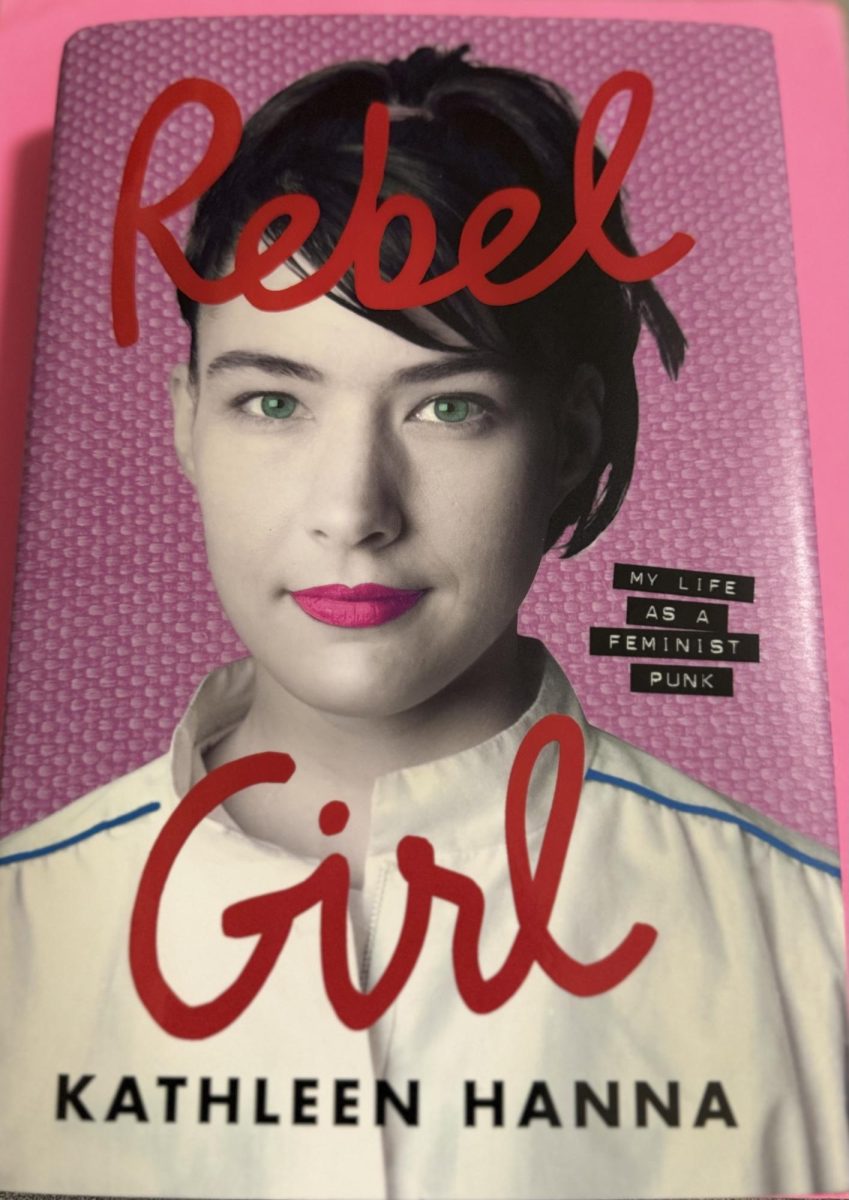
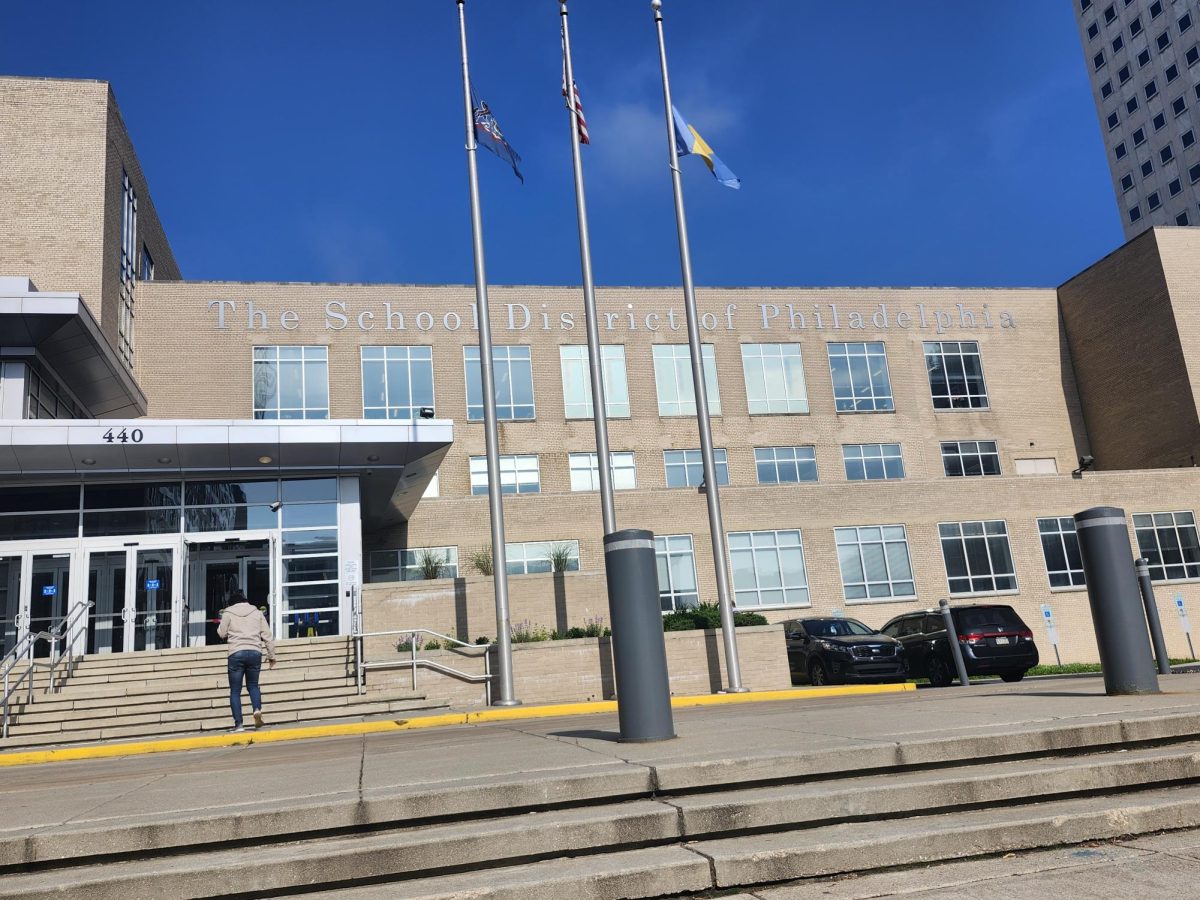
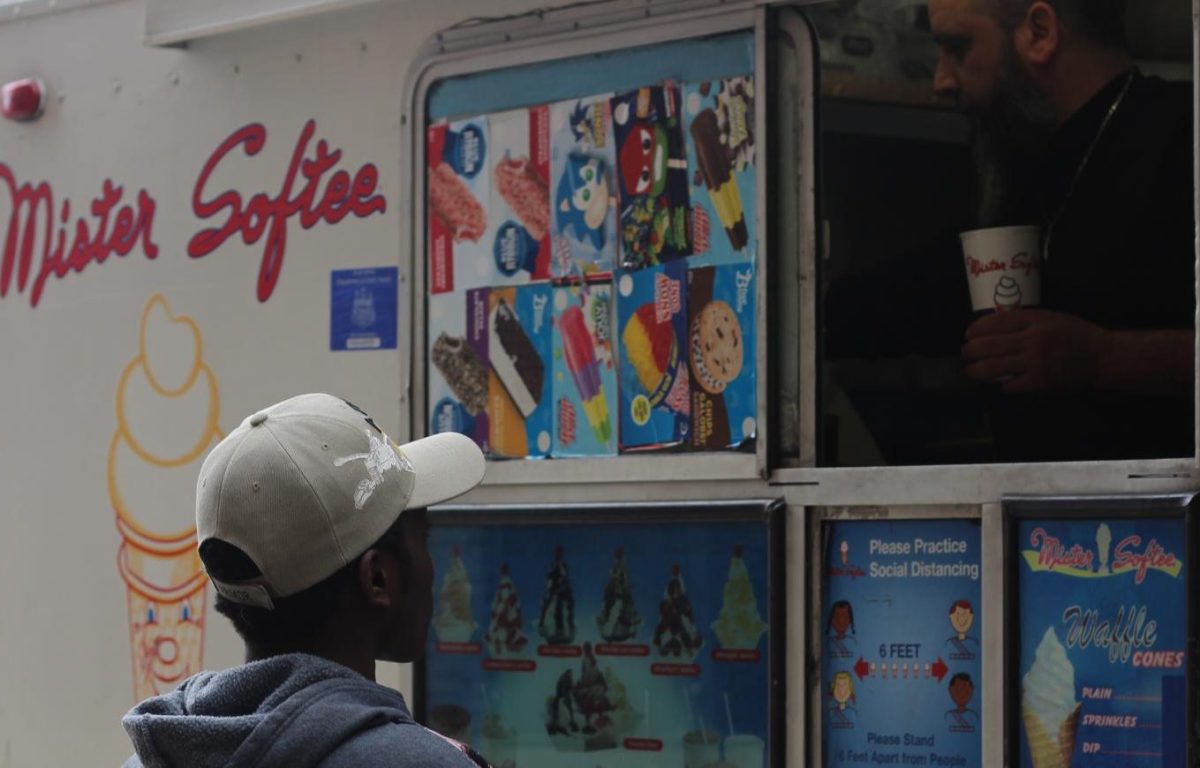
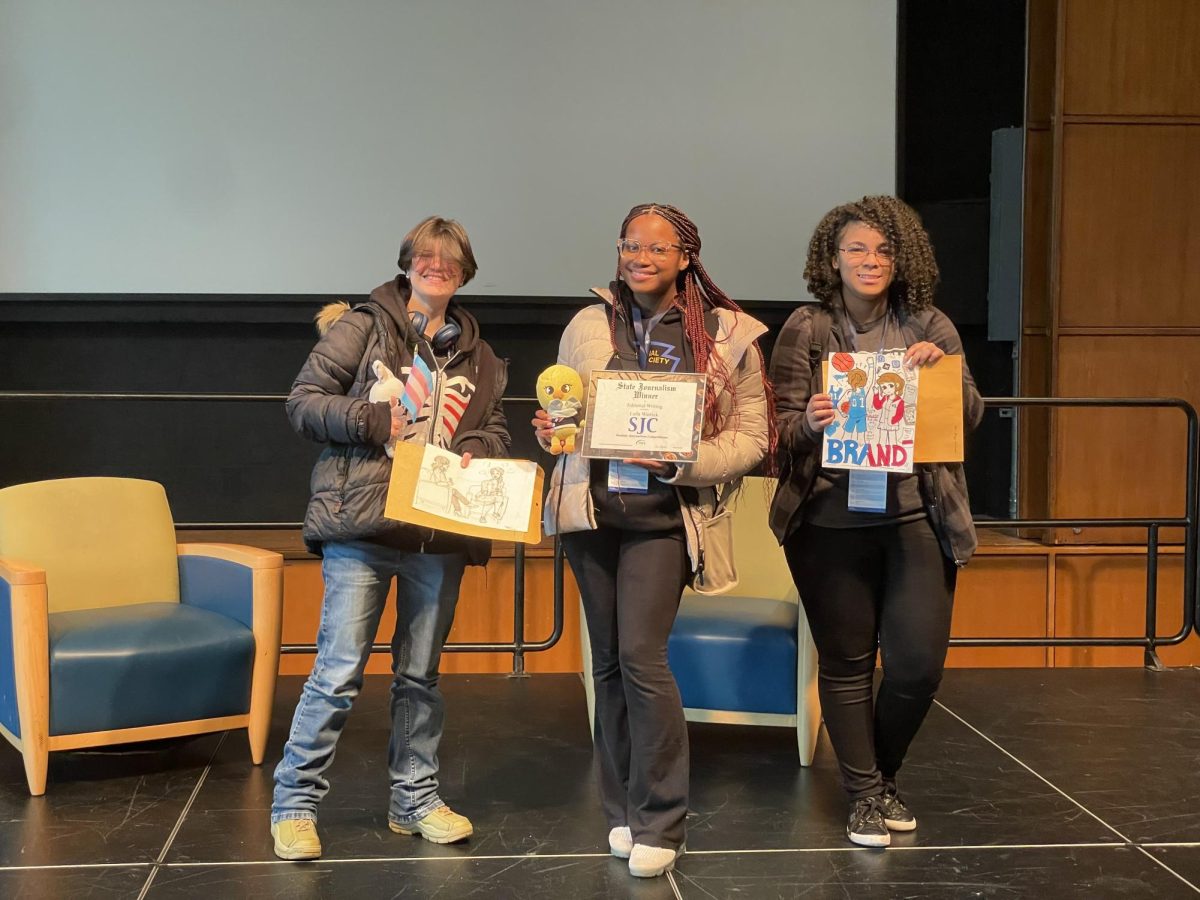
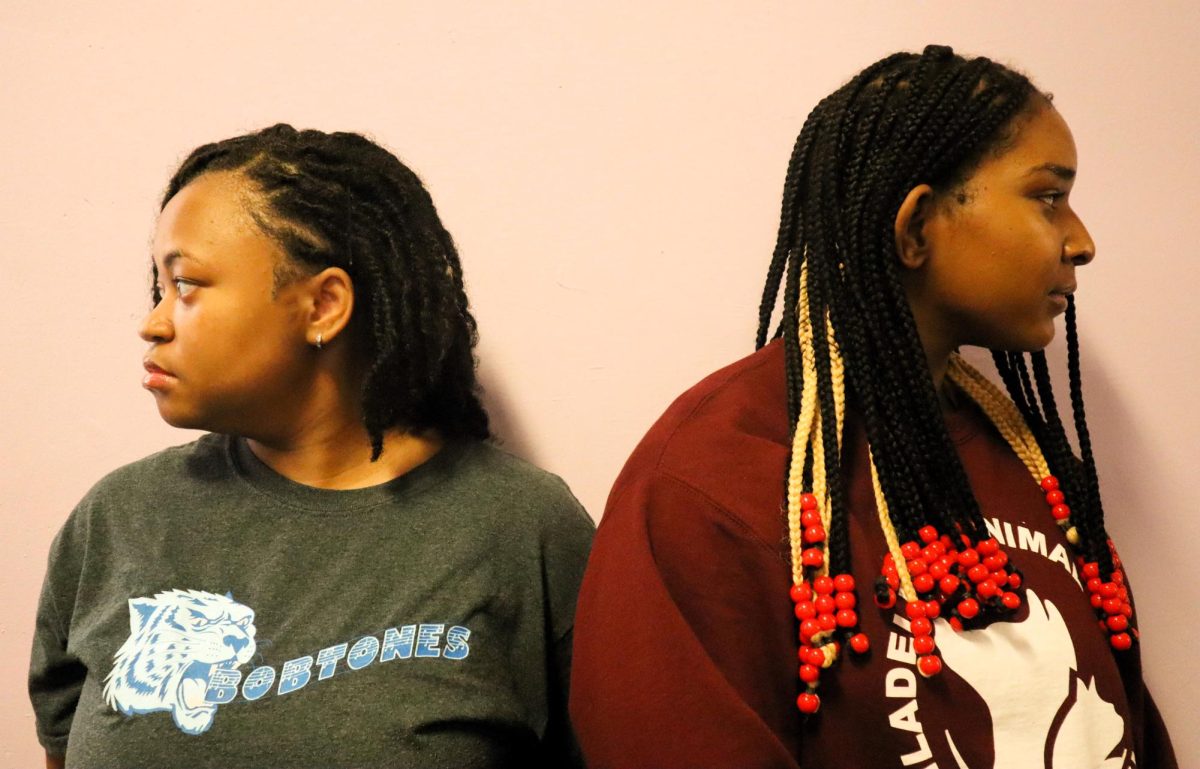
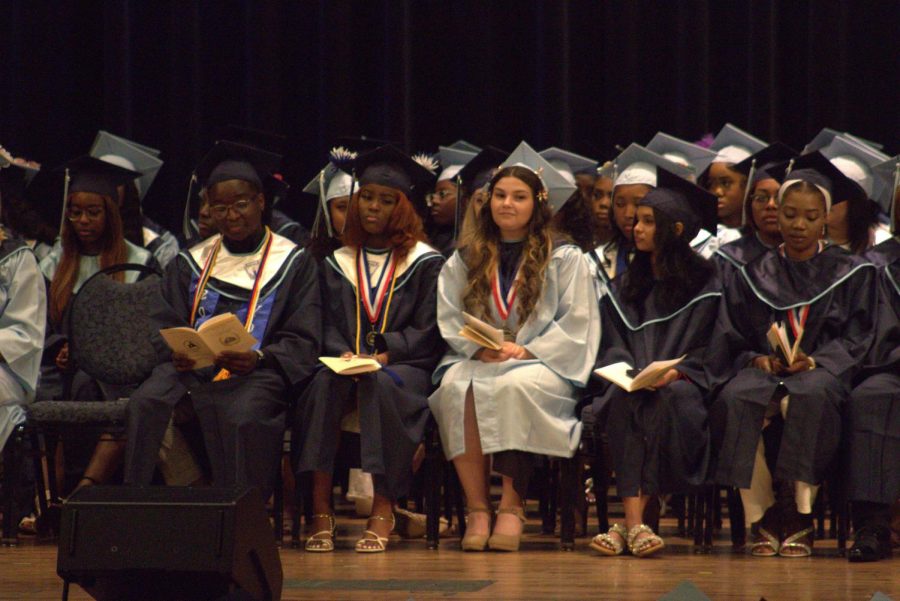
![[VIDEO] FLC 10th grade student awarded $40,000 in a BigFuture Scholarship](https://theflashflc.org/wp-content/uploads/2023/05/Screen-Shot-2023-05-02-at-4.39.10-PM-900x493.png)
![[VIDEO] Mayoral candidates campaign on student issues](https://theflashflc.org/wp-content/uploads/2023/04/IMG_1387-900x506.jpg)
